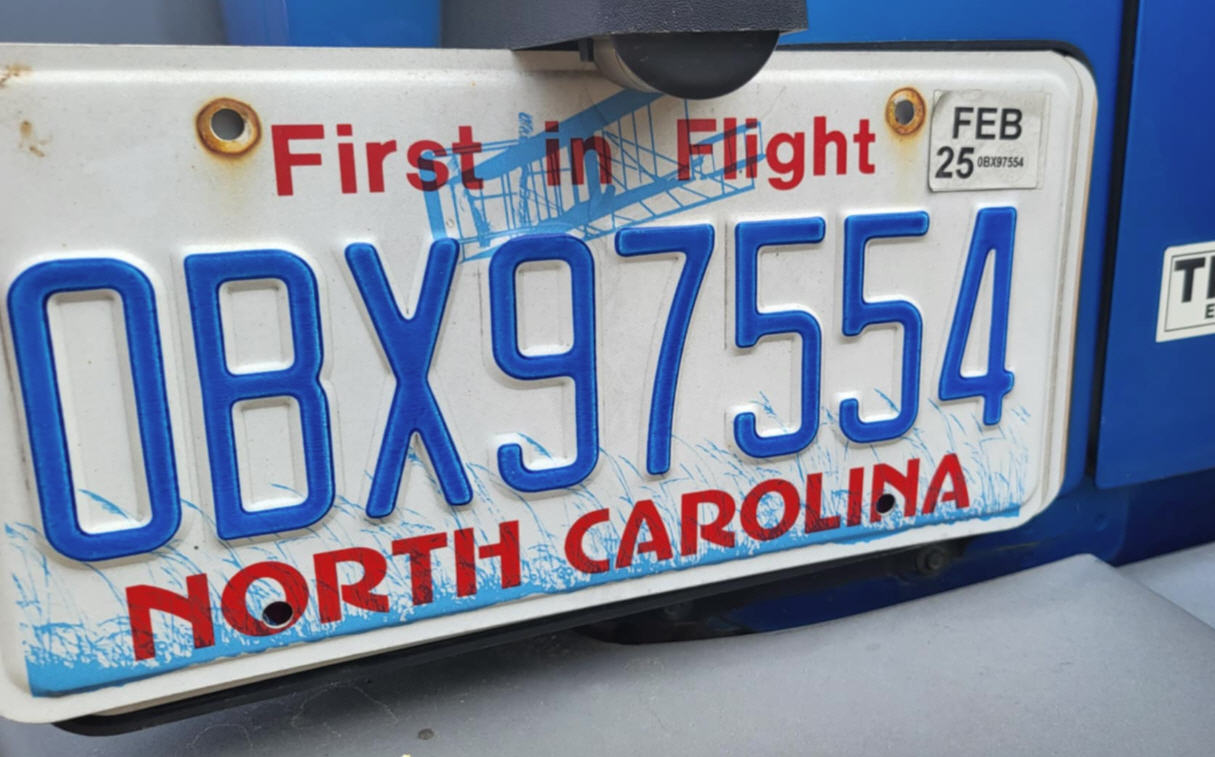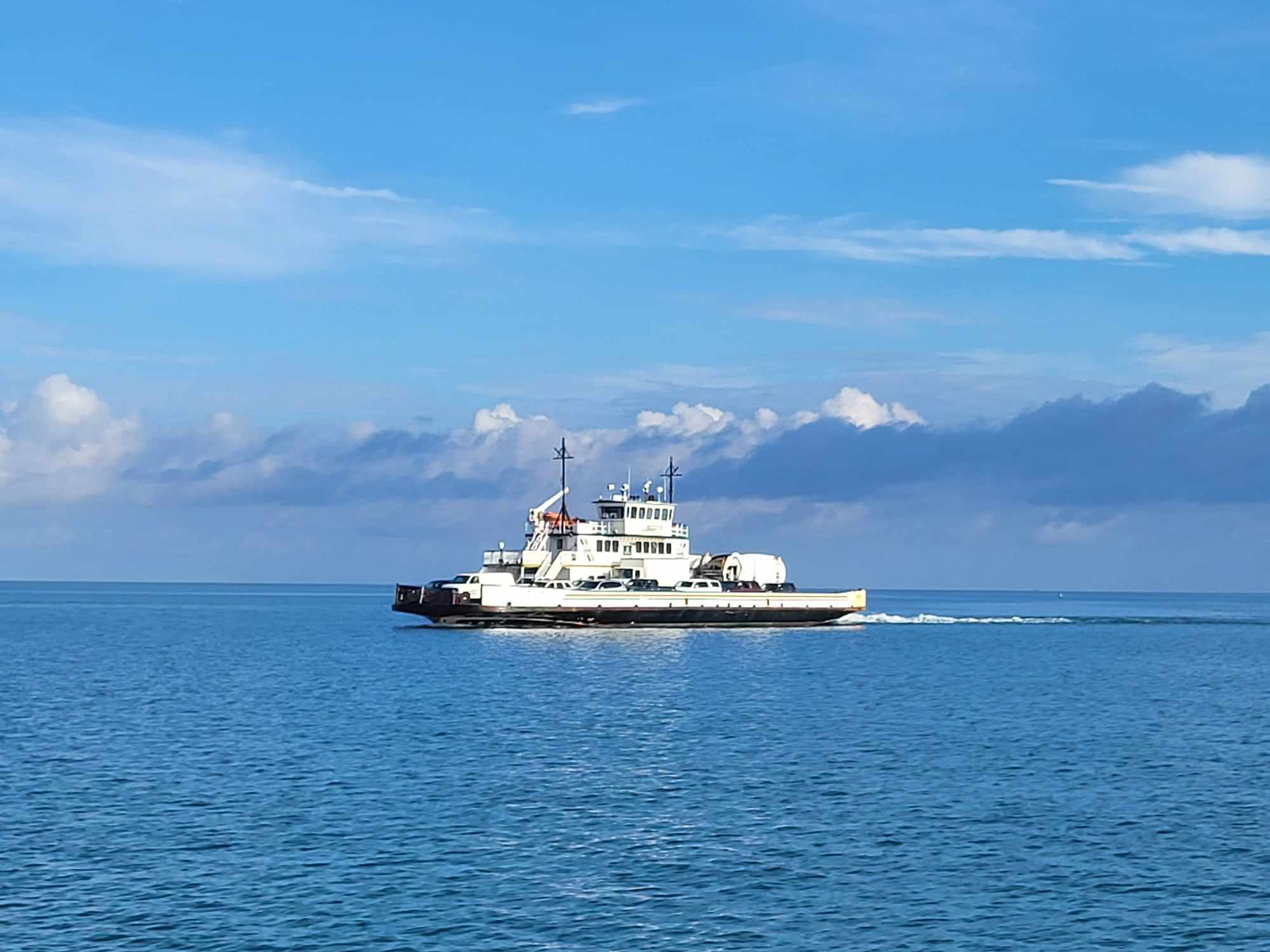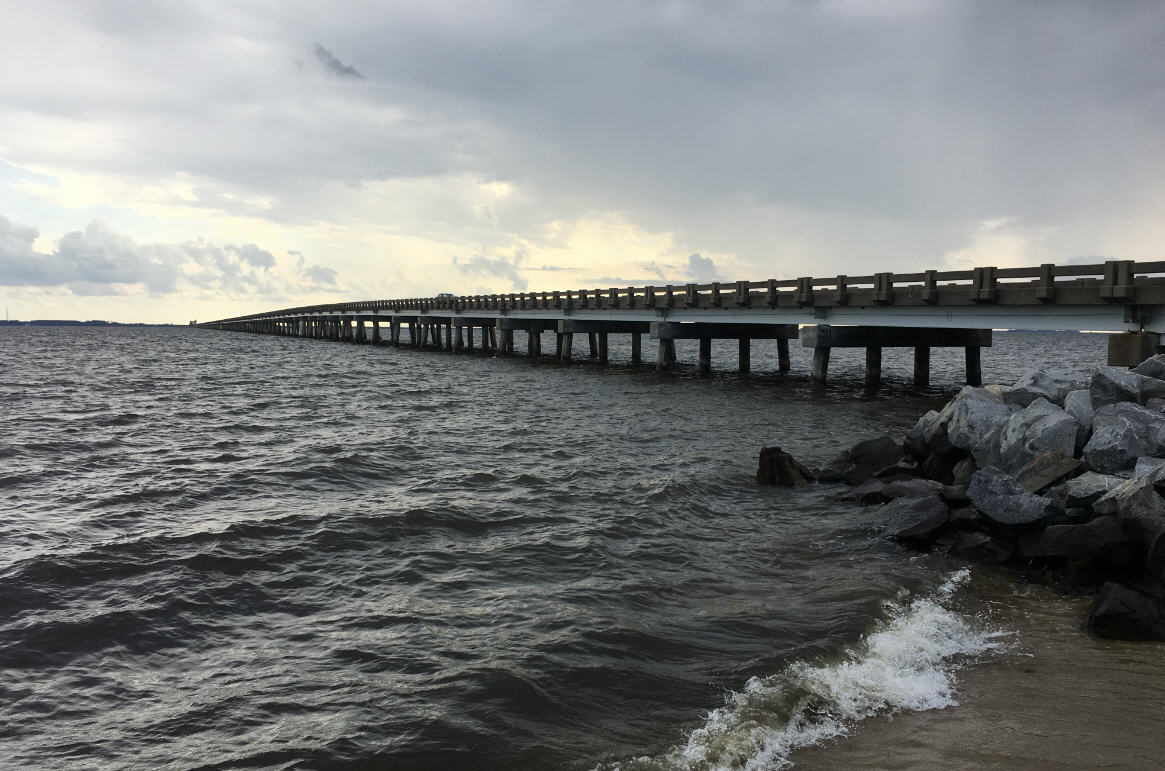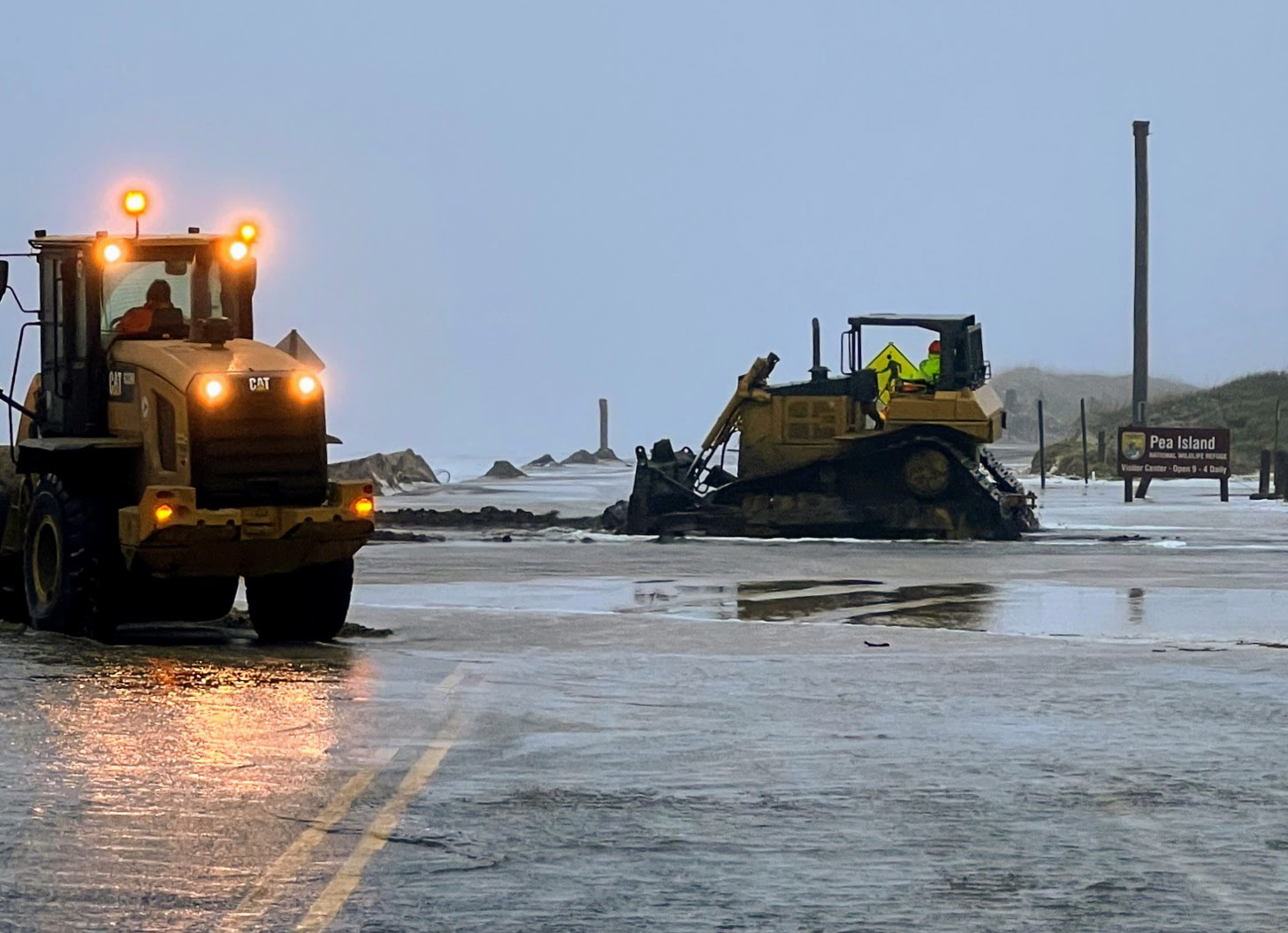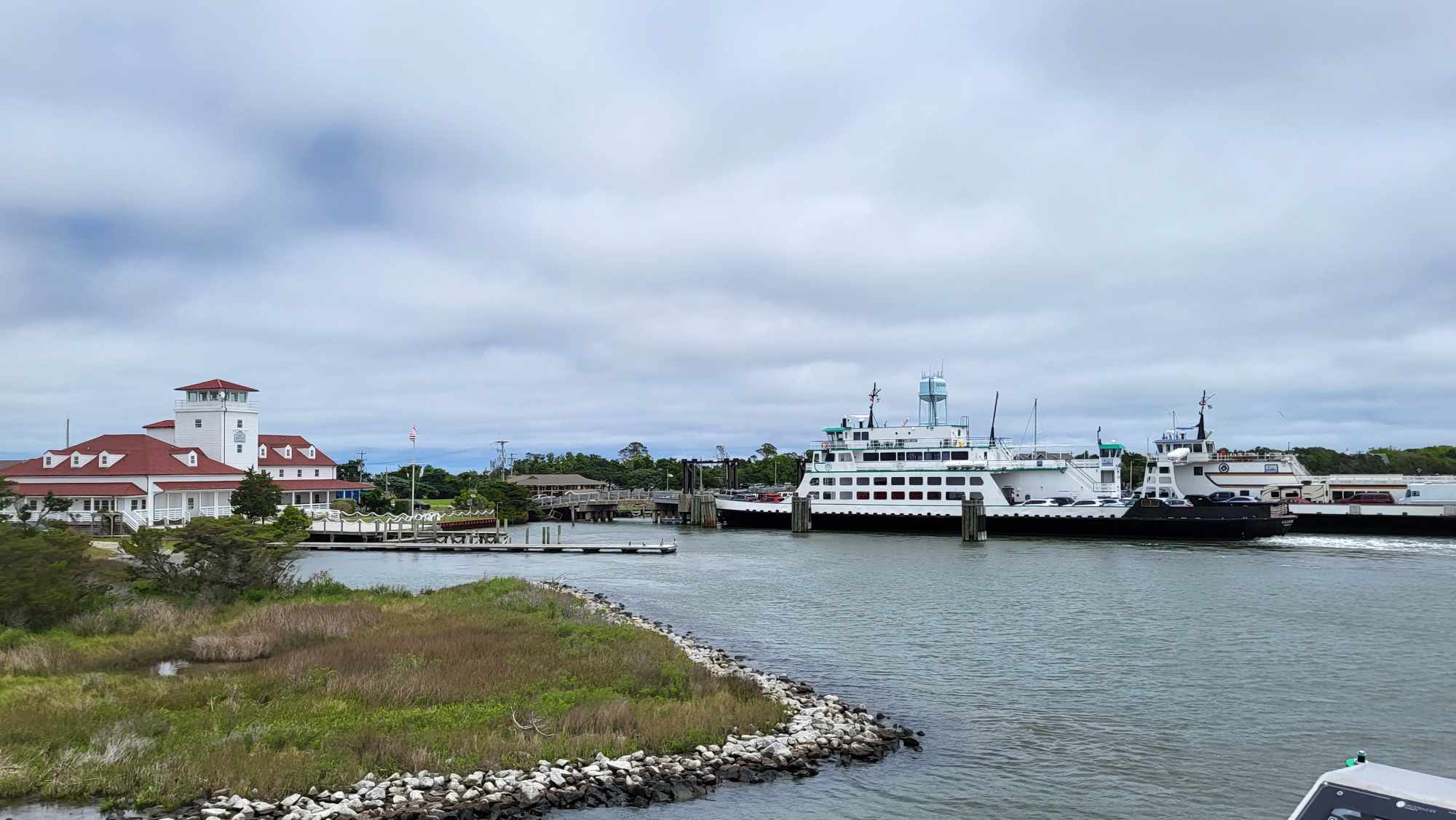Legislative Update: Occupancy tax provision is out of dredging bill
Local government entities in Dare County are collectively penciling in their proposed budgets for the next fiscal year while the General Assembly goes through its own taxing times.
An action this week to remove a provision aimed at Dare County has allowed local officials to let out a tentative sigh of relief.
Senate Bill 160 is titled the Enhance Safety & Commerce for Ports/Inlets. If it becomes law, it provides that there be a 50-50 match between the state and counties to cover dredging costs for inlets, including Oregon Inlet.
However, as originally submitted, it would have given the county control of all portions of the 6 percent occupancy tax. Currently, the occupancy tax is used to fund beach nourishment and the Visitors Bureau and allows the county and the towns to pay for services and infrastructure costs associated with tourism, such law enforcement and Emergency Medical Services.
The Dare County commissioners voted at their March 2 meeting to ask Sen. Bill Cook, one of the primary sponsors, to remove the Dare County section in the face of opposition from town and tourism officials, business organizations, and beach nourishment supporters.
While removing the occupancy tax provision, lawmakers added a provision that appropriates $4 million annually to use toward Oregon Inlet dredging.
And thus was born the next tax issue – this time a 1/4-cent sales tax increase in Dare County that can be imposed without a referendum.
On March 30, House Bill 388, sponsored by Rep. Paul Tine, was filed in the House, , and on April 1, sent to the Senate. The tax is dedicated to dredging, can be imposed without a referendum until 90 days after the completion of the Bonner bridge replacement. To continue collecting the tax, a referendum would have to be approved before that time. To begin collecting the tax, the county has to give the Secretary of Transportation 75 days notice before the tax can be levied which means that to be included in the new fiscal year’s budget, it must be passed and noticed to the secretary by mid-April.
But the tax beat goes on. SB 608 is another attempt to redistribute local sales taxes among counties. The impact to local town and county coffers appears to be negligible, but the bill includes extending sales tax to such services as barbers and dentists.
And there’s more tax news.
HB 518, if signed into law, would allow counties to impose an additional quarter-cent sales tax to use to pay for local public transportation systems. The tax could be levied without a referendum if it has not been before the voters in the previous five years.
Local government
HB 569, filed by Rep. Bob Steinburg, would allow counties to create ordinances that may result in developer funds to be used for road construction related to subdivisions and developments.
HB 524 would allow counties with water and/or sewer systems to require payment of an availability charge to those who choose not to connect to systems. The fee is not to exceed the minimum service charge for properties that are connected.
HB 591, if passed into law, would allow a city to prevent or abate any unreasonable restriction of the public’s rights to use the state’s ocean beaches. In addition, a city may, in the interest of promoting the health, safety, and welfare of the public, regulate, restrict, or prohibit the placement, maintenance, location, or use of structures that are uninhabitable and without water and sewer services for more than 60 days, equipment, personal property, or debris upon the state’s ocean beaches.
HB 530 tightens up on the inspections of buildings. If passed into law, it would mandate that there would have to be seven violations within a rolling 12-month period to allow an inspector to conduct an inspection without a complaint.
HB 553, if it becomes law, would prohibit cities and counties from regulating the treatment and care of “farm animals” which are defined as “cattle, oxen, bison, sheep, swine, goats, horses, ponies, mules, donkeys, hinnies, llamas, alpacas, lagomorphs, ratites, and poultry.” The prohibition includes the construction, repair, or improvement of shelter or housing, restrictions on the types of feed or medicines that may be administered and exercise and social interaction requirements.
Elections
HB457, if passed into law, will move the presidential primaries from the Tuesday after the first Monday in May to March beginning in 2016.
Concealed carry
HB 441, if it becomes law, would allow legislators and legislative staff to carry concealed handguns in the legislative buildings.
(Sandy Semans is a retired newspaper editor and reporter who now works as a free-lance writer. She lives in Stumpy Point. Her update on the goings-on in this session of the General Assembly will appear weekly in The Island Free Press, usually on Friday.)





